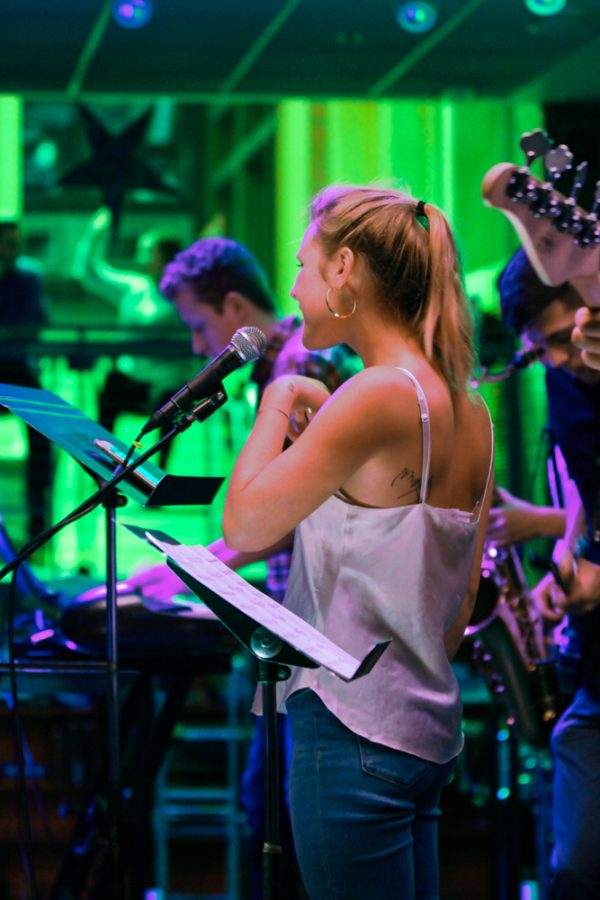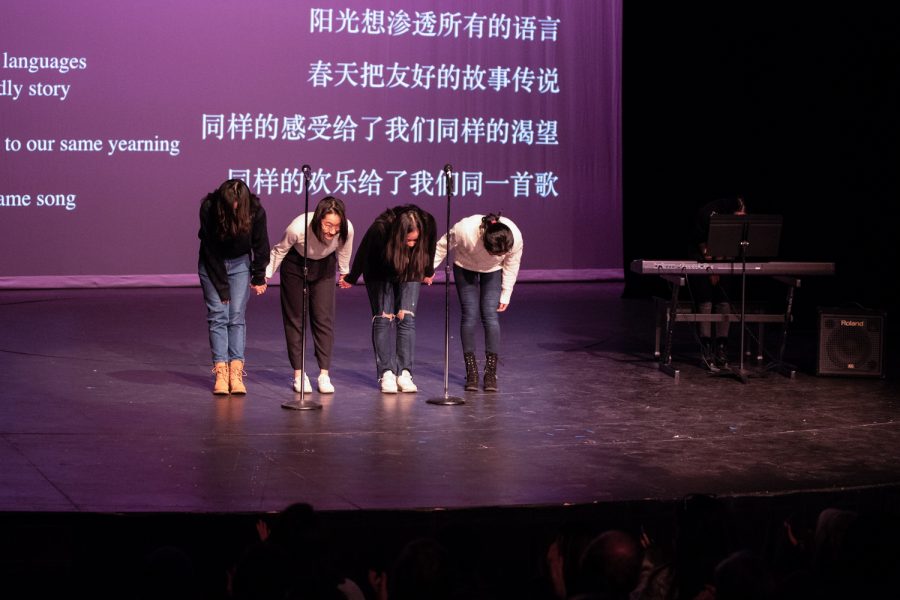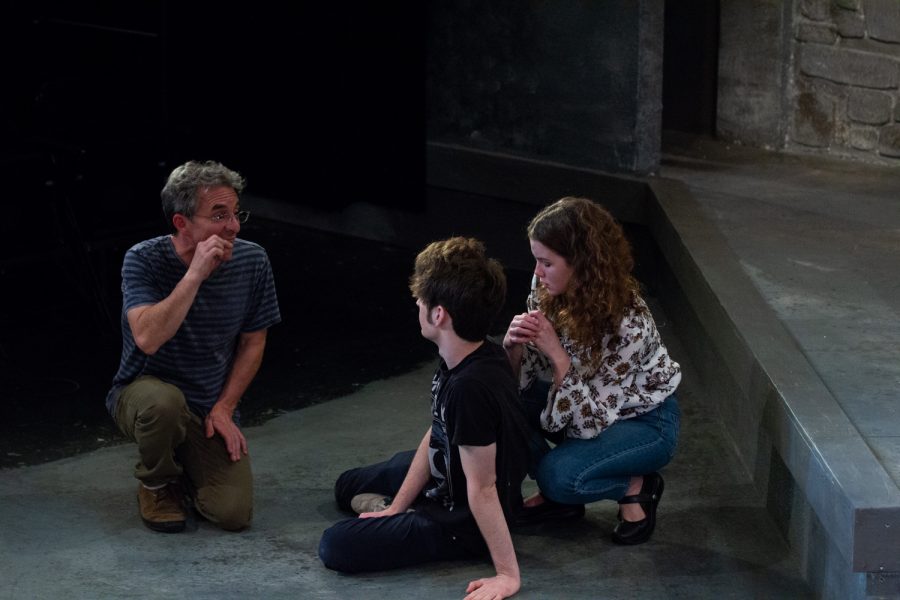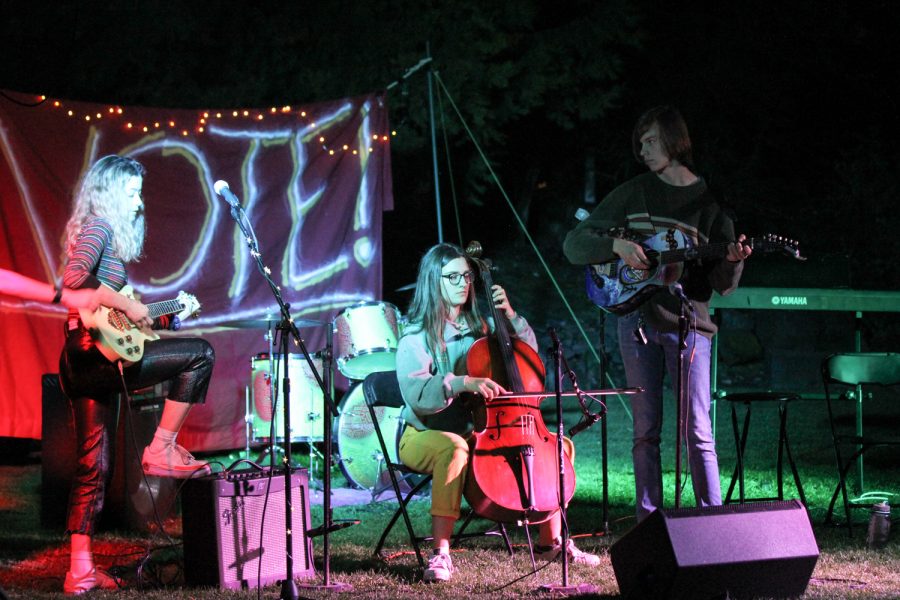
Seniors at Whitman may recall the concert during their first year when Flogging Molly performed live here on campus. This spring, the band is still touring, but the closest they’re coming to Whitman is Tempe, Ariz.
While Whitman still enjoys a wide range of programming events, the generally lower profiles of artists such as Point Juncture, WA and Menomena raise the question of what has changed since the days of concerts from the likes of Maroon 5 and Guster. The answers lie in the continuing evolution of Whitman’s relatively new programming body, the Whitman Events Board.
This past September, former members of the now-defunct Campus Activities Board and new officers of WEB expressed confidence in the availability of sufficient funds to procure large acts.
“My freshman year we had Flogging Molly and Salman Rushdie was here sophomore year . . . that was ASWC-funded and now WEB is also going to be ASWC-funded, so all of that money is still going to be available,” said senior and former CAB Chair Kali Stoehr.
The current official position on the budget is slightly less optimistic.
“I’ve never said [the new budget] was comparable in the past; I’ve always known it was less money than it was previously,” said Leann Adams, WEB faculty coordinator and assistant director of student activities. “This year they’re working with a budget that is smaller than the combined budgets for all of programming last year, and it’s being distributed across five or six programmatic areas. So, music is functioning with a smaller budget than the combined budgets last year for concerts and Coffeehouse. [Junior] Matt Coleman, our music director, has had to make choices about when to invest money in small Coffeehouse performances, how to use money in a big concert, and how to distribute it between fall and spring. Since WEB is getting rolling, and is still in its development phases, I think he did plan on focusing more resources on the spring than on the fall, so that he had time to use them really well.”
Despite the changes in programming, many Whitman students are still reasonably content with the selection of events available. In an online survey, 28 percent of students indicated they were very satisfied with the amount of concerts, speakers, Coffeehouses and other event programming on campus, while 59 percent indicated they were somewhat satisfied, and 13 percent indicated they were very unsatisfied.
“I thought the amount of concerts was fine,” said sophomore Meghan Bill. “However, I did feel that there were a lot of programming events that students didn’t attend, like I know some of the movie viewings weren’t very well attended. I know it costs a lot of money to put on those movies, and if nobody shows up, it could be better spent elsewhere.”
Although concerts and speakers are historically the most popular events, WEB wants to ensure that event programming continues to diversify, and to this end is bringing a wide range of performers to Whitman this spring, including comedian Ty Barnett and slam poet Alvin Lau.
However, deprived concert-goers need not worry: Coleman reported having between half and two-thirds of his budget for musical programming remaining, and is currently wrangling with student committees and booking agencies to contact artists and make bids. Although bidding and convincing large artists to travel to Walla Walla presents its problems, students can expect at least one larger concert event this spring.
Admittedly, it is not only large concerts that pose a financial and logistical problem. To bring any outside band to Coffeehouse also demands considerable resources.
“When we bring in bands like Point Juncture, WA there’s a very significant cost,” said Colleen McKinney, student activities program adviser. “The cost with them is not only the honorarium, but travel, hotels and food.”
Addressing these considerations as well as the resources of burgeoning musical talent on-campus, Coleman has decided to forgo booking outside bands for Coffeehouse during this semester in favor of booking student and faculty bands. With a greater volunteer response from the student body, the number of Coffeehouses held could also potentially increase, according to both Adams and Coleman. Coffeehouses may also start appearing on Thursdays and Saturdays as well as Fridays.
In short, students should be able to look forward to a rewarding programming season, whatever the roughness of the fall semester transition period.
“It’s a real formative process, just like any organization building up from the ground,” said sophomore WEB Director Steven Stradley.
“We are very optimistic,” said Adams.









